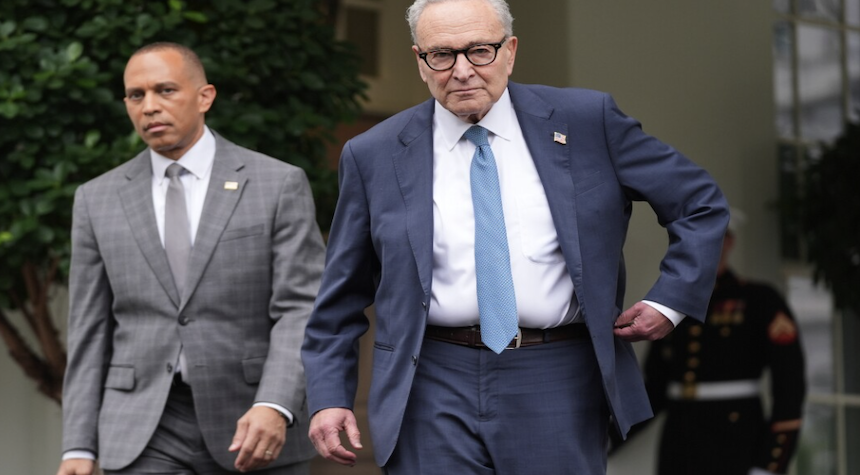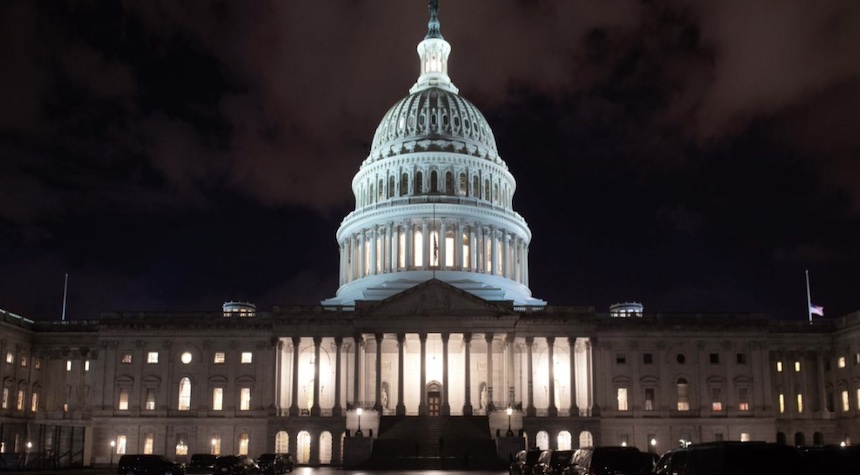The federal government of the United States has entered a partial shutdown as of midnight, following the failure of Congress to reach an agreement on a spending bill.
In Washington Senate Republicans attempted to pass a short-term extension of current government funding levels, known as a continuing resolution. This measure was rejected by Democrats, who expressed frustration at being excluded from shutdown negotiations. The House of Representatives had previously passed this bill along party lines on September 19th.
The proposed continuing resolution would have extended funding until November 21st, allowing Congress additional time to set priorities for the upcoming fiscal year. Senate Majority Leader John Thune of South Dakota stated, and I quote, “There isn’t any substantive reason why there ought to be a government shutdown.” However, Democrats have raised concerns about the expiration of enhanced Obamacare subsidies at the end of 2025.
You May Also Like: Gov. Landry Asks to Deploy National Guard as Tensions Mount in Louisiana

The significance of this impasse becomes clear when we consider its immediate effects. The Office of Management and Budget has directed affected agencies to execute their plans for an orderly shutdown. This means thousands of government workers will be furloughed or required to work without pay. Essential services will continue, but many federal agencies may close their doors.
The Congressional Budget Office estimates that approximately 750,000 employees could be furloughed each day, with a daily cost of their compensation reaching roughly $400 million. Active-duty service members will go without pay, though members of Congress, by constitutional mandate, will continue to receive their salaries.
Republicans accuse Democrats of risking government operations over spending demands, while Democrats claim they are being used as political pawns. Senate Minority Leader Chuck Schumer of New York stated, “Democrats did not want a shutdown. We stand ready to work with Republicans to find a bipartisan compromise.”
The duration of this shutdown remains uncertain. Its effects will be felt across the nation, from the closure of the Capitol Visitor Center to the cancellation of congressional delegations abroad. As this situation develops, it raises important questions about the functioning of our democratic institutions and the ability of our elected officials to find common ground.


